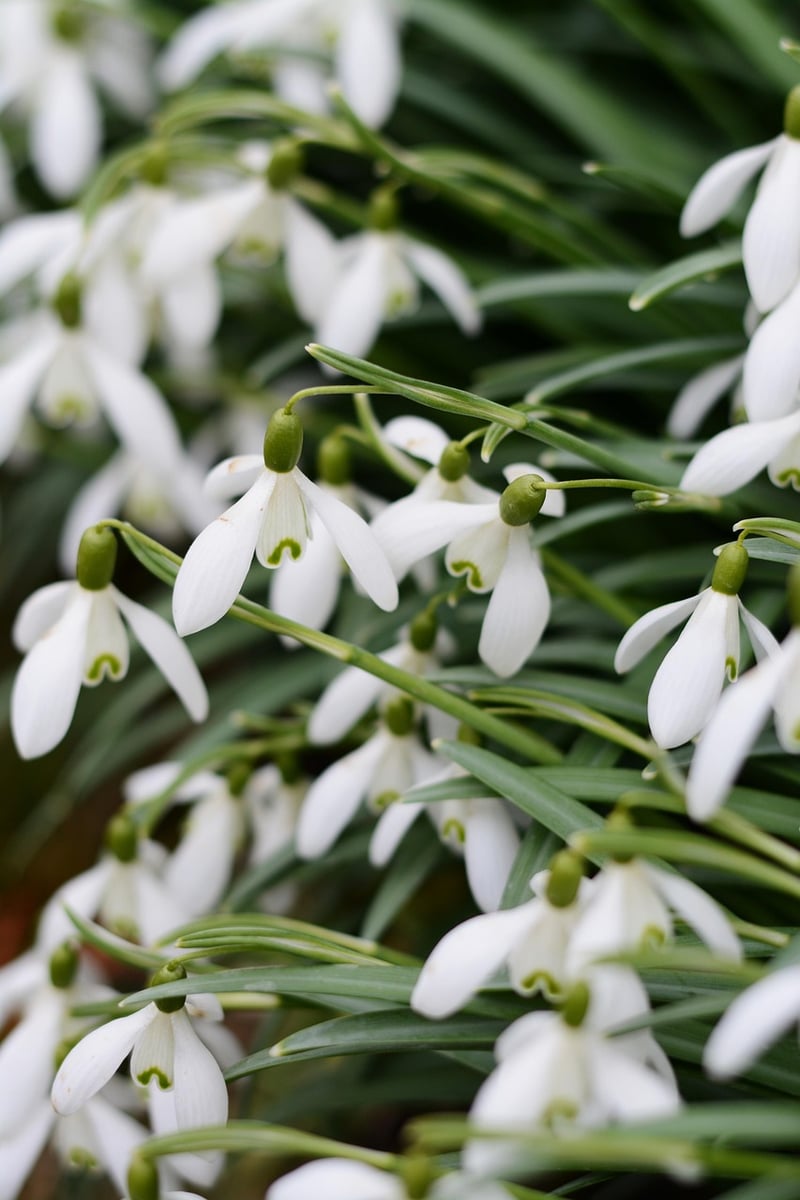Companion Planting
Companion Planting: A Guide to Harmonious Gardening
Gardening is a rewarding activity that offers a plethora of benefits, from providing fresh produce to improving mental well-being. One way to enhance your garden's health and yield is through companion planting, a technique that involves planting different species together to achieve mutual benefits. Here are some helpful tips and insights to make the most of companion planting in your garden:
What is Companion Planting?
Companion planting is a traditional practice where specific plants are grown together to help each other thrive. This technique can improve soil quality, repel pests, attract beneficial insects, and enhance overall plant growth.
Benefits of Companion Planting:
- Enhanced pest control
- Improved pollination
- Optimized use of garden space
- Increased crop productivity
- Natural weed suppression
Popular Companion Planting Combinations:
Some classic companion planting combinations include:
- Tomatoes and Basil: Planting basil near tomatoes can improve tomato flavor and repel pests.
- Carrots and Onions: Carrots and onions are great companions, with onions deterring carrot flies.
- Cucumbers and Nasturtiums: Nasturtiums can repel cucumber beetles and attract beneficial insects.
- Beans and Corn: Corn provides support for beans to climb, while beans fix nitrogen in the soil, benefiting corn.
Companion Planting Tips:
- Understand the needs of each plant to ensure they are compatible.
- Rotate companion plants each season to prevent soil depletion and pest buildup.
- Include a variety of companion plants to create a diverse and balanced ecosystem.
- Research companion planting guides or consult with experienced gardeners for personalized advice.
Get Started with Companion Planting Today!
By incorporating companion planting into your gardening routine, you can promote a healthier garden environment and enhance the overall success of your plants. Experiment with different combinations, observe the results, and enjoy the benefits of this natural and sustainable gardening practice.

Happy gardening!
